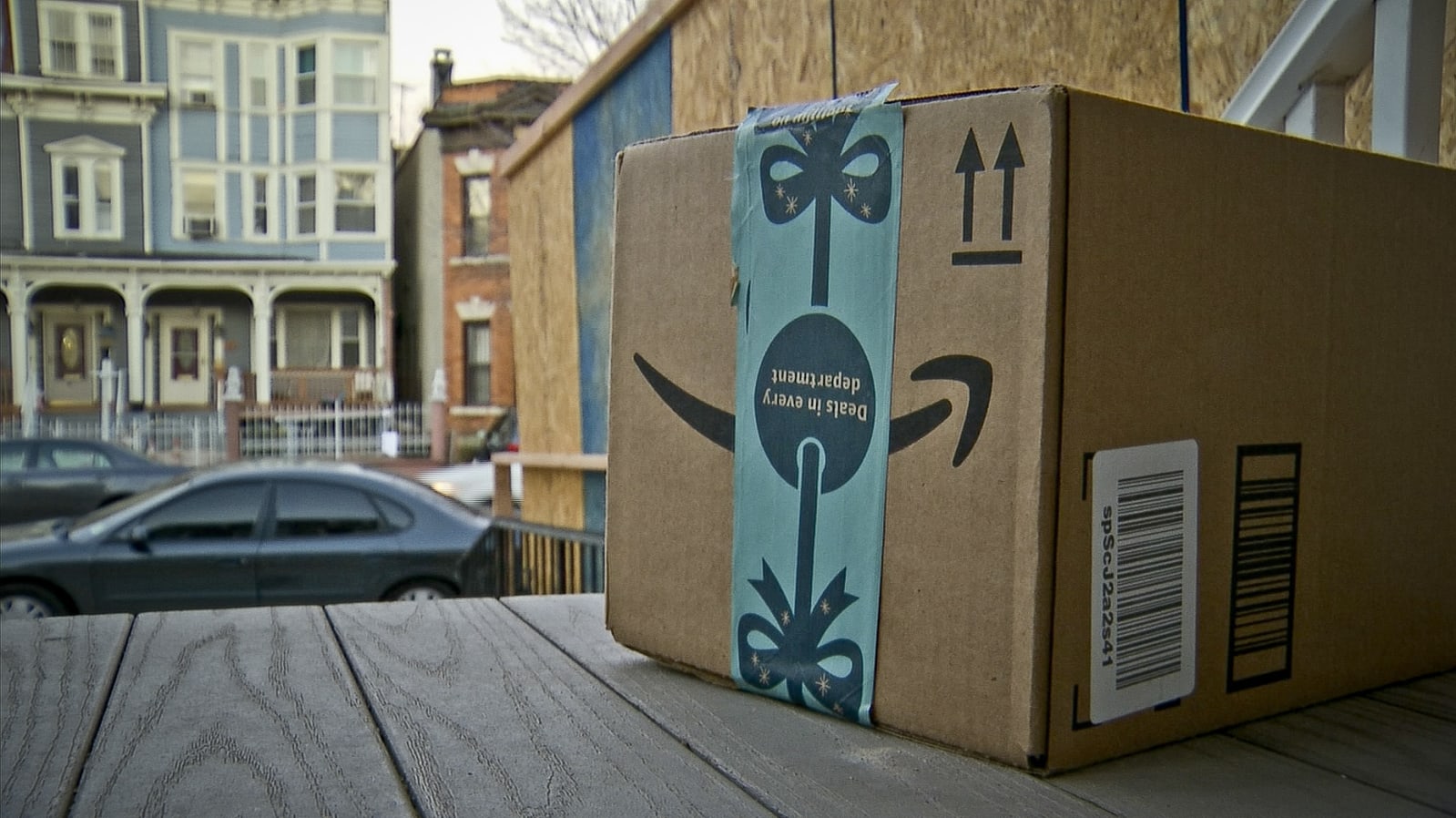


It appears that the next version of Apple’s Safari browser is going to ditch the “Do Not Track” feature. The release notes for Safari v12.1 mention that this version is going to remove “support for the expired Do Not Track standard to prevent potential use as a fingerprinting variable.”
Apple’s decision to remove this feature from Safari will not have a major impact on your online privacy if you use Safari. It does have an alternative in place which was launched in 2017. The Intelligent Tracking Prevention feature in Safari relies on machine learning to pick up on ad tracking behavior and block advertisers from following the user’s movements online as they go from one website to the next.
Reports have shown that many people don’t know precisely what the Do Not Track feature, which is present in other browsers as well, does. What it simply does is send a voluntary signal to a website that you visit, indicating that the user does not wish to be tracked.
Websites are not bound to follow that signal so even if you have Do Not Track enabled, there’s nothing preventing the website from tracking you anyway. You can wager a lot of sites already do that, disregarding the Do Not Track signal entirely.
Apple Removing Safari’s ‘Do Not Track’ Feature
, original content from Ubergizmo. Read our Copyrights and terms of use.
Chris Cuomo Calls Out GOP To Lawmaker’s Face: ‘Never Done A Damn Thing’ On Guns
Posted in: Today's ChiliThe CNN host slams Rep. Matt Gaetz for “grandstanding” at Congressional hearing.
 Apparently, gamers aren’t tired of battle royales just yet. The young genre, led by the likes of Epic Games’ Fortnite and lone wolf PUBG, is the hottest thing in gaming these days and anyone and everyone is trying cash in on it. Just three days ago, game developer Respawn Entertainment, makers of Titanfall, launched its free-to-play version set within the … Continue reading
Apparently, gamers aren’t tired of battle royales just yet. The young genre, led by the likes of Epic Games’ Fortnite and lone wolf PUBG, is the hottest thing in gaming these days and anyone and everyone is trying cash in on it. Just three days ago, game developer Respawn Entertainment, makers of Titanfall, launched its free-to-play version set within the … Continue reading

On Tuesday, scientists in New Zealand announced they’d discovered a working USB drive in a sample of leopard seal poop that they hoped to return to its owner. In a surprise twist, the drive contained photos and videos of frolicking sea lions. Now, the owner of the fecal flash drive has come forward to tell her story.

It appears that the next version of Apple’s Safari browser is going to ditch the “Do Not Track” feature. The release notes for Safari v12.1 mention that this version is going to remove “support for the expired Do Not Track standard to prevent potential use as a fingerprinting variable.”
Apple’s decision to remove this feature from Safari will not have a major impact on your online privacy if you use Safari. It does have an alternative in place which was launched in 2017. The Intelligent Tracking Prevention feature in Safari relies on machine learning to pick up on ad tracking behavior and block advertisers from following the user’s movements online as they go from one website to the next.
Reports have shown that many people don’t know precisely what the Do Not Track feature, which is present in other browsers as well, does. What it simply does is send a voluntary signal to a website that you visit, indicating that the user does not wish to be tracked.
Websites are not bound to follow that signal so even if you have Do Not Track enabled, there’s nothing preventing the website from tracking you anyway. You can wager a lot of sites already do that, disregarding the Do Not Track signal entirely.
Apple Removing Safari’s ‘Do Not Track’ Feature
, original content from Ubergizmo. Read our Copyrights and terms of use.

Comments point to police, fire departments, Social Security, libraries and education as some other “socialist” programs.

On Tuesday, scientists in New Zealand announced they’d discovered a working USB drive in a sample of leopard seal poop that they hoped to return to its owner. In a surprise twist, the drive contained photos and videos of frolicking sea lions. Now, the owner of the fecal flash drive has come forward to tell her story.
